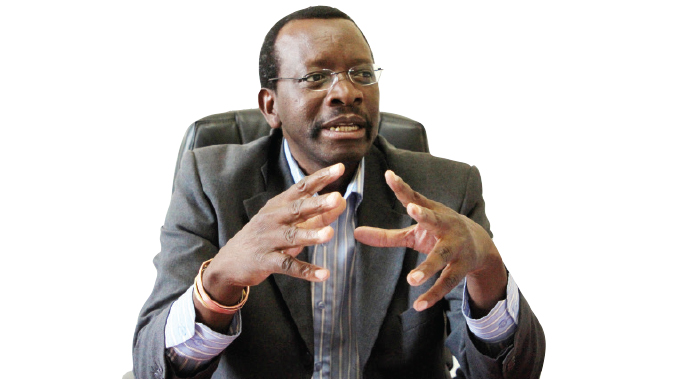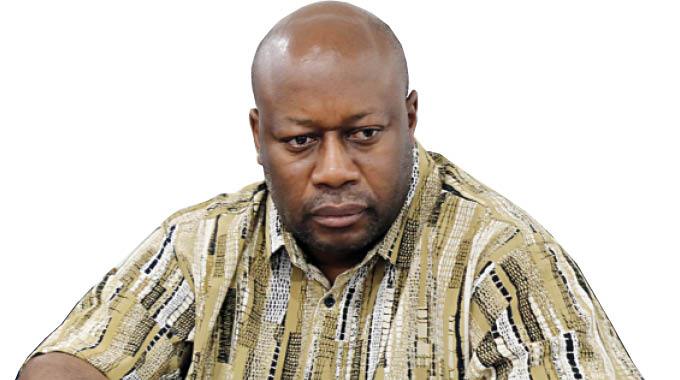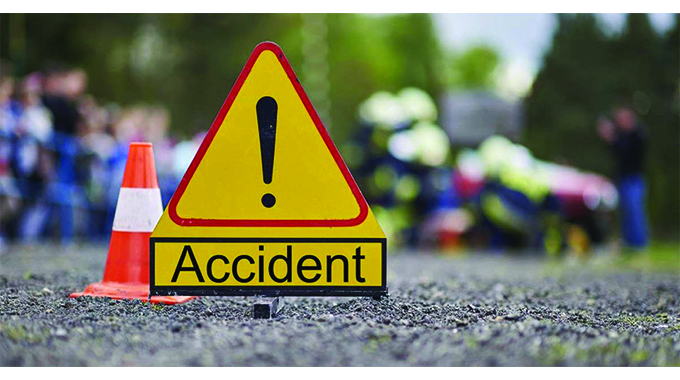Funerals: Covid superspreader

Thandeka Moyo-Ndlovu and Nqobile Tshili, Chronicle Reporters
Health experts have identified funeral gatherings as Covid-19 superspreaders as residents continue defying guidelines a situation which has resulted in an upsurge of deaths and new cases in Bulawayo.
Bulawayo accounts for 22 percent of Covid-19 deaths that have been recorded during the past five days in Zimbabwe.
This comes as Zimbabwe reported 3 110 Covid-19 cases on Thursday, the highest daily tally so far to bring the total cases to 76 381 on that day.
On the same day 58 deaths were recorded across the country and 20 of them were from Bulawayo.
Since the outbreak of the global pandemic first detected on March 22 last year, it took Zimbabwe 130 days to record its first 3 000 Covid-19 cases.
The cumulative 3 000 cases were recorded on July 30, 2020.
From Saturday last week, Zimbabwe recorded 248 deaths and 11 315 new cases as the country’s recovery rate continues to drop.
Statistics from the Ministry of Health and Child care also show that of the 11 315 cases recorded during the past five days, Bulawayo accounts for 968.
As part of intensifying the fight against Covid-19, Government yesterday said people without national identity cards will no longer be turned away at vaccination centres as they are now supposed to produce confirming letters from their community leaders that they are residents of particular areas.
Authorities also said people who are in vaccination queues by 5PM, must be inoculated on the same day.
Health expert Dr Wedu Ndebele said as the number of cases increase, all gatherings including funerals should be banned as prevention is the only way out of the looming catastrophe. “To stop this we need to stop gatherings including funerals because we also have people who despite warning are gathering, even secretly endangering their lives and those of many other people,” said Dr Ndebele.
“We also urge people to go and vaccinate which will help us prevent many deaths in the next wave but for now, let us wear masks correctly, sanitise and practice physical distancing.”
Dr Ndebele added that the frequenting of South Africa by some defiant members of the public was also a cause for concern.
“Almost all of us know someone who has died of Covid-19 and I hope that fear will generate that interest in being cautious because people are complacent. We are here in this situation because of complacency. Travelling unnecessarily even through our borders should be stopped now for us to be able to contain the situation.”
Professor Solwayo Ngwenya said residents should be eager to get tested as many are spreading the virus without knowing.
“This is a scenario I feared would catch up with my people but unfortunately it is now here as we are recording alarming deaths and new cases. Sadly, because we are defiant, these deaths are just the beginning of a serious crisis because by the time Covid-19 is done with us, most families in Zimbabwe would have lost a member to the pandemic,” he said.
Prof Ngwenya said funerals were superspreaders and urged residents to stop putting their lives at risk by attending them.
“Funerals are our major problem and people always rush to gather when their relatives die even when they can pass condolences through other means. We also have hundreds of people who are always in town when they have nothing urgent to do,” said Prof Ngwenya.
“We need a lot of brains and a massive plan to be implemented so that we are delivered from this dark cloud, as we may run out of graves and coffins. Let’s continue saving lives by adhering to what our experts have always said, we can only beat this if we adhere.”
Bulawayo and Matabeleland South, due to their proximity to South Africa, which has been recording the highest daily infections and deaths since the pandemic broke out on the continent early last year have added risk.
The health ministry says Bulawayo has the highest Incidence Risk of 906, almost double that of Harare at 567 while Matabeleland South has 402.
The Covid-19 vaccination roll out programme has been experiencing several glitches and Government has consistently worked to fine tune the process.
In a directive to all provincial medical directors and hospital chief executive officers dated July 14, Health and Child Care Ministry permanent secretary Dr Jasper Chimedza said the public should not be turned away from vaccination centres.
“The Ministry has noted some challenges which the members of the public face while trying to access the Covid-19 vaccines and wishes to advice as follows: 1. All people in a queue for vaccination before 5PM shall be vaccinated on the same day. 2 all those who present themselves for vaccination without National Identity Cards or passport shall be vaccinated upon producing a letter from the headman, local councillor or Member of Parliament confirming them as ordinarily resident in the area,” reads the circular.
Bulawayo acting provincial medical director Dr Welcome Mlilo said he had received the circular and the province will start implementing it.
“This is with immediate effect and we will start implementing the directive tomorrow (today),” said Dr Mlilo.
The Zimbabwe Human Rights Commission has commended Government for making vaccines accessible to all.
ZHRC deputy chairperson Commissioner Dorothy Moyo said addressing the IDs hurdles will contribute to the country achieving herd immunity.
ZHRC in 2019 embarked on a commission national inquiry into access to documentation where it was observed that poverty, Gukurahundi, migration to other countries was contributing to some Zimbabweans not having these documents.
She said there is no longer a reason for members of the public not to be vaccinated.
“There are so many people who have challenges in terms of obtaining documentation. So, this new directive is welcomed. We want to urge members of the public to get vaccinated in their numbers. More so when those without IDs will also be vaccinated. That way we are going to be able to fight the pandemic because the hurdles that members of the public were facing has been solved. This will also come handy as the country aims to achieve herd immunity,” she said.
Centre for Health Communication Zimbabwe communications and advocacy officer Ms Andile Tshuma welcomed the Government decision, saying failure to access national identity documents should not hinder access to health care services.
“There are a lot of people for one reason or another who do not have identity documents. And we believe that access to national documentation should not prevent access to health services and in this instance the inoculation exercise, especially during this period where we are recording rising cases. We commend the Government for making this intervention which will enable the country to vaccinate all eligible citizens. With this directive we won’t have anyone making excuses for not getting vaccinated,” said Ms Tshuma.












Comments